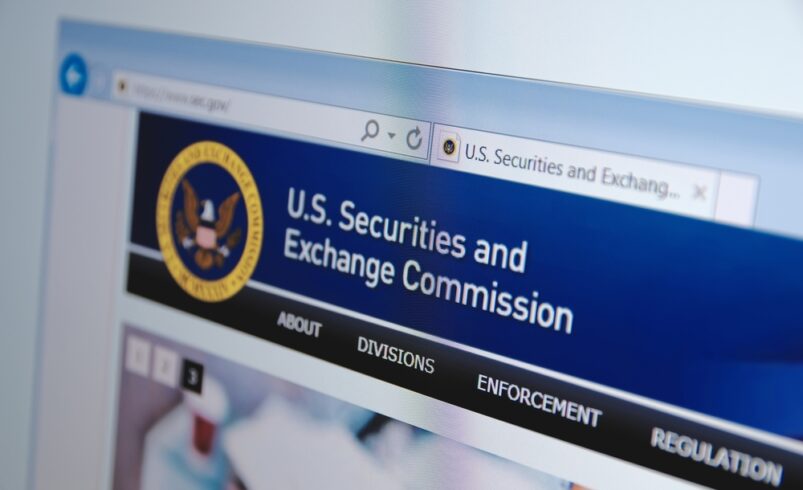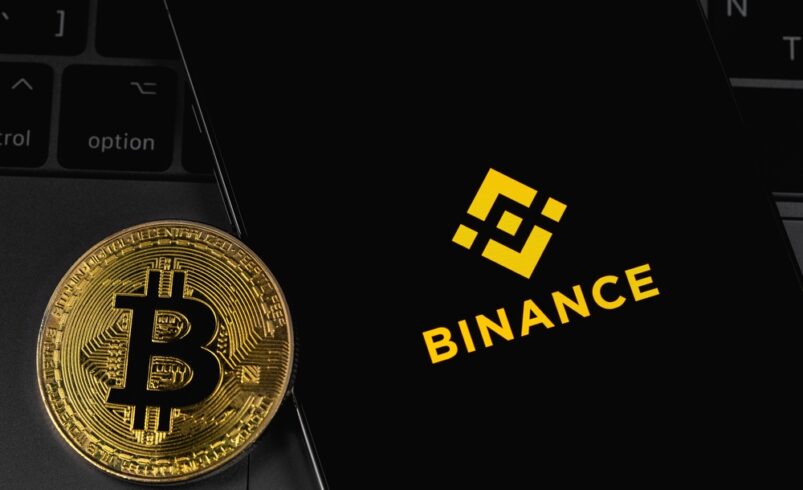Everything You Need to Know About a SEC-Issued Wells Notice

The emergence of crypto assets has forced regulators across the world to develop new policies to ensure crypto players carry out their activities in a compliant manner. However, some regulatory agencies have yet to formulate rules for crypto. For example, the United States Securities and Exchange Commission (SEC) is using what it calls a “Wells Notice” to bring charges to whoever it deems a bad actor in the crypto space. This notice has existed since the 1900s. But what is it all about? Keep reading to find out.
SEC’s Regulatory Investigations
The United States Security and Exchange Commission launches investigations into a particular crypto firm when it suspects a violation of existing policies. The Regulator’s Enforcement Division has been tasked with making inquiries into crypto players suspected of breaking securities laws. It investigates multiple incidents, including market manipulation, insider trading, and the sale of unregistered securities.
The investigations that the Division of Enforcement conducts are divided into two, including:
Informal Investigations
The SEC launches Informal Investigations when it is no longer certain that a particular crypto company is compliant with the securities rules. The agency usually relies on information shared by external parties like whistleblowers to initiate the investigations.
Try GPT Definity AI today, the #1 crypto trading robot! Click here to learn more. Artificial intelligence trading robots are taking over the trading eco-system, you can join this revolution and profit from daily revenues! Get ahead of the trading game with Artificial Intelligence crypto trading software today!
Formal Investigations
The Security and Exchange Commission will only launch formal investigations after obtaining enough evidence that shows a certain crypto player has broken securities laws.
Understanding the Purpose of a Wells Notice
A Wells Notice is sent to the targeted crypto company, notifying it of the SEC’s plans to level enforcement action after completing investigations. This special notice explains the allegations brought against the respondent and gives them a chance to reply.
Navigating the Wells Notice
The SEC’s Wells Notice usually includes the following:
Accusations: These are the alleged securities law violations that the SEC believes the respondent was involved in.
Evidence: The notice comes with a summary of evidence supporting the SEC accusations.
Legal Analysis: The Securities and Exchange Commission explains in detail how the respondent violated the existing securities policies.
Opportunity to Reply: The Wells Notice mentions a 4-week window for the accused to respond to the accusations. The recipient can attach evidence proving they are innocent.
Legal Presentation
If the SEC serves you with a Wells Notice, it is advisable to consult with a securities defense lawyer. They will help you assess the accusations and come up with an ideal response. Moreover, the legal expert may identify factual inconsistencies in the Wells Notice, which you may use to your advantage.
Possible Outcomes
In case the respondent admits their wrongdoings, the SEC will initiate negotiations to settle the charges outside the court.
On the other hand, if the respondent denies the allegations but the SEC is still convinced that securities laws were violated, it will file a lawsuit against the Wells Notice recipient.
Crypto Firms Issued Wells Notices by the SEC
Coinbase
In March 2023, the SEC issued Coinbase, the US’ biggest cryptocurrency exchange by trading volume, a Wells Notice. At the time, the regulator claimed that the company was manipulating the market by artificially pumping its trading volumes and prices of some cryptocurrencies. The SEC also alleged that Coinbase had been offering Americans access to its staking program without registering with the Commission.
Since then, Coinbase has expressed its commitment to operating in a compliant manner. The crypto exchange, however, wants the Securities and Exchange Commission to establish a crypto-focused regulatory framework, arguing that most of the existing financial regulations don’t apply to the crypto industry.
Paxos
Earlier this year, stablecoin issuer Paxos received the SEC’s Wells Notice after being accused of distributing unlicensed security. The company, however, has been insisting that its stablecoin BUSD does not constitute a security.
The SEC has since ordered Paxos to refrain from minting more BUSD tokens.
Conclusion
Having a clear understanding of the purpose of Wells Notices is vital, especially if you offer crypto-related services. In the event the SEC issues you a Wells Notice, do not respond without involving a legal expert.
Disclaimer: Mining Plus Crypto specializes in amplifying content for dozens of cryptocurrency and blockchain firms, and your company could be next on the list! For inquiries, please reach out to us through or Telegram Chat. Given the unpredictable nature of cryptocurrencies, we advise you to thoroughly research before investing. A portion of the content available on our website, including broker reviews, is paid content or content contributed by guest writers and does not necessarily represent the opinions of Mining Plus Crypto. We claim no liability for the accuracy, quality, and content of advertisements, products, or any other materials, including ad spaces displayed on our site. For a comprehensive understanding, please review our full terms and conditions, and disclaimer.






